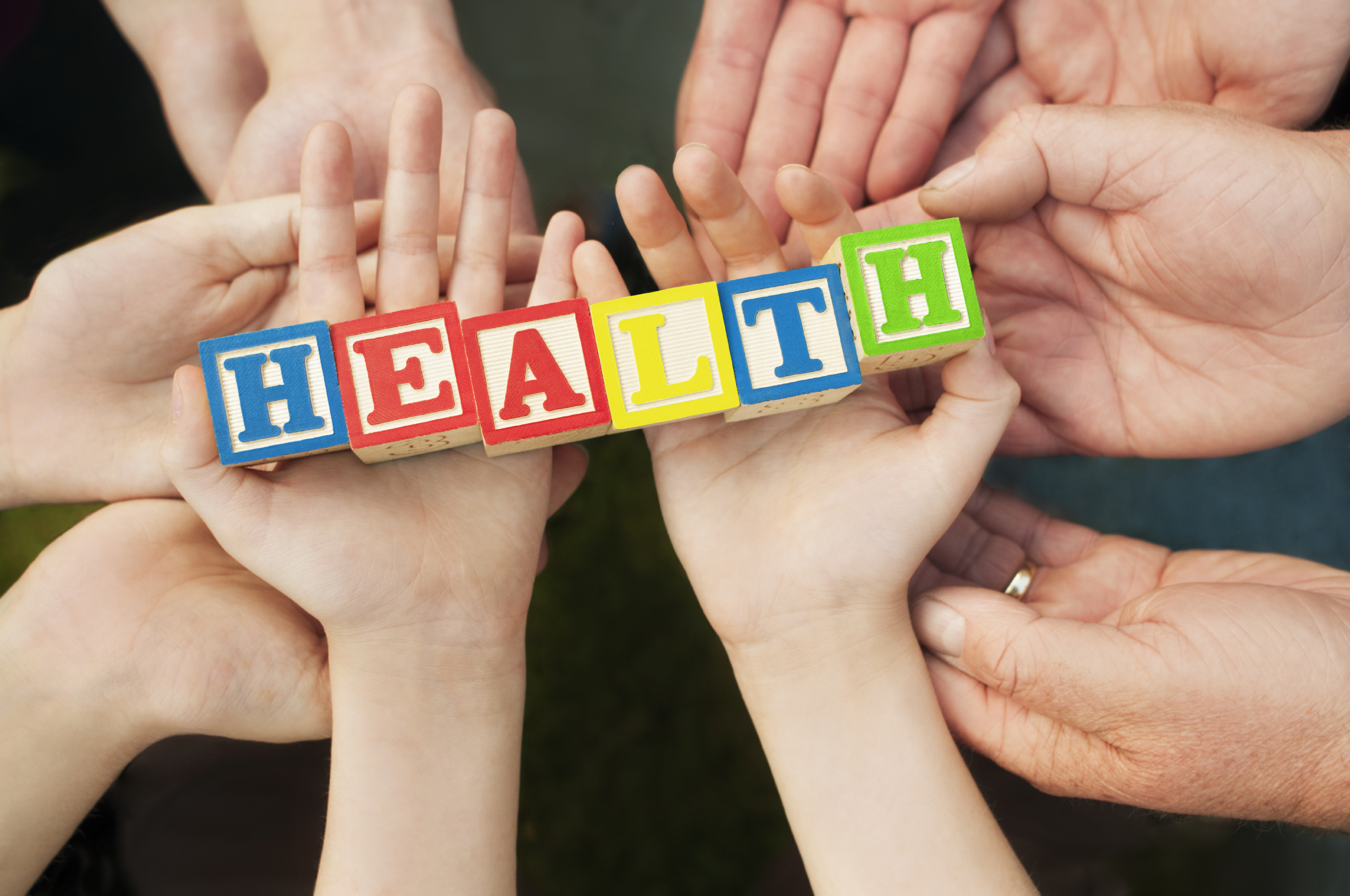
By Heather Cameron
Health inequalities have long been an issue in the UK and despite continuous government commitment to tackling them, they continue to persist.
It is estimated that avoidable illness costs around £60 billion and that 1 in 4 deaths are preventable with the adoption of healthier lifestyles. Calls have therefore been made for radical changes in the approach to public health by improving health and wellbeing outside of the core public health workforce.
This is just the approach of the Community Health Champion model, developed by Altogether Better, which has demonstrated not only the positive impact on health but the social value of such an approach.
What are health champions?
Health Champions are volunteers from all walks of life who are provided with accredited training and support so they can undertake health promotion activities within their communities to reduce health inequalities and improve the health of the local population.
The Community Health Champion role began as a five year Big Lottery Funded programme (Wellbeing 1) in 2008. Over 18,000 Health Champions were recruited, trained and supported between 2008 and 2012, reaching over 105,000 people.
Through a combination of their training and own personal experiences, these volunteers empower and encourage people within their families, communities and workplaces to take up healthy activities, create groups to meet local needs and can signpost people to relevant support and services.
Challenges
While Wellbeing 1 succeeded in reaching many people in need, the programme also raised two specific challenges: in almost all cases, the work being done was invisible to the NHS; and securing ongoing funding to continue the support was difficult.
Peer support was later identified as the most appropriate way of trying to connect communities with health services.
Following this recognition and the success of the original model, further lottery funding was awarded to develop the Champion model and use it to engage champions, communities and health services (Wellbeing 2).
Co-production of health and wellbeing outcomes
The model was applied to health services specifically with the aim of addressing the apparent disconnect between the NHS and community-based services. It helps connect both patients with support in their communities and professional practices with those communities.
Many citizens have volunteered in different ways and in different settings. These include:
- Practice Health Champions working closely with their General Practice to create new ways for patients to access non-clinical support
- Youth Health Champions where children and young people are recruited, trained and supported to help young people more actively engage with and influence their own and their community’s health
- Pregnancy and early years Health Champions who are interested in giving children a better start
- Health Champions working within a specialist, hospital-based NHS service
- Senior Health Champions who engage with older people, offering a complimentary approach to more formal programmes
Community-based health improvement initiatives such as this could help to strengthen community-professional partnerships and cross-collaboration among health, social and other services. And this in turn could lead to a reduction in health inequalities.
Positive outcomes
According to a recent evaluation of the Health Champions programme, Wellbeing 2 has resulted in a range of benefits:
- 86% of champions and 94% of participants in the programme reported increased levels of confidence and well-being;
- 87% of champions and 94% of participants in the programme acquired significant new knowledge related to health and well-being;
- 98% of champions and 99% of participants in the programme reported increased involvement in social activities and social groups;
- 95% of practice staff involved with the programme would recommend it and wish to continue.
Other benefits included reduced social isolation, increased levels of exercise/healthy eating and feeling physically better. One champion reported “this has helped me more than any medication might.”
Success stories include the work of a cycle champion who has improved her own health and wellbeing, encouraged over 70 other people to improve theirs through taking up cycling, provided cycle training to over 50 people in 6 community groups and provided specific detailed help to 5 people.
Other successes have involved volunteers setting up football training, providing support to women with mental health issues, providing advice and support to ethnic minorities and providing advice on healthy eating.
In terms of monetary value, an analysis of the social return on investment (SROI) of a series of Altogether Better project beneficiaries found a positive SROI of between £0.79 and £112.42 for every pound invested, highlighting the potential value of these initiatives to funders.
Final thoughts
At a time of increasing demands on health services and with the relentless squeeze on public sector resources, perhaps the move towards greater community empowerment and collaboration across sectors is the right one. After all, as I’m sure we’d all agree, prevention is better than cure.
If you liked this blog post, you might also want to read Heather’s earlier post on social prescribing
Follow us on Twitter to see what developments in policy and practice are interesting our research team.
Share
Related Posts
By Donna Gardiner While free school meals (FSM) have been available in England on a means-tested basis since 1944, recent years have seen a renewed focus upon the potential benefits of providing free school meals to all school-aged children. Currently, […]
Today sees the start of Community Garden Week 2023. Across the UK, communities will be celebrating the many and varied types of community gardens, from children’s and neighbourhood gardens to therapy gardens and allotments. The benefits of community gardens are […]
By Hollie Wilson At the start of 2020, an independent review was published setting out what needed to be done to bring about changes to the care system for children and young people in Scotland. At the heart of the […]
The “No Wrong Door” (NWD) programme means exactly that – there is no wrong door to turn to for young people seeking support. NWD works on several core principles, which include working with young people’s birth family or guardians, allowing […]
